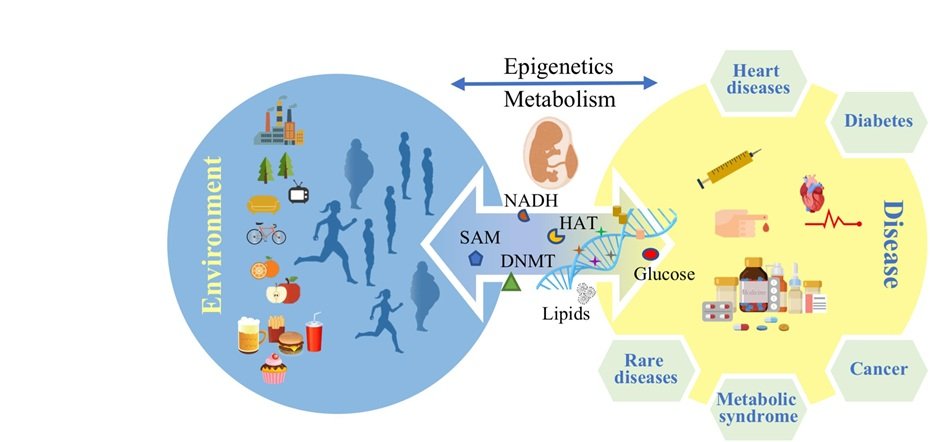Lifeguard courses structure the foundation for people trying to achieve lifeguard certification, giving indispensable skills and information essential for defending swimmers and beach fans.
These courses are custom-made to different environments and duties, tending to the specific requirements of lifeguarding jobs in diverse aquatic settings. In this article we are going to learn that how the lifeguard courses are composed and what do we learn in these lifeguard classes.
Basic Lifeguard training: A Groundwork of Essential Skills
Basic lifeguard training structures the bedrock of lifeguarding education, covering fundamental skills, for example, water rescue techniques, first aid, CPR (Cardiopulmonary Resuscitation), and AED (Automated External Defibrillator) utilization.
These classes are great for passage level competitors, giving them a far reaching understanding of lifeguard responsibilities and emergency reaction protocols.
Exploring the Waters: Waterfront Lifeguard classes
Waterfront lifeguard classes center around lifeguarding in untamed water environments, including lakes, streams, and oceans. Understudies dive into points like water currents, tides, and how to perform rescues effectively in challenging circumstances.
These classes are especially helpful for lifeguards working at beaches or waterfront facilities, where interesting challenges and risks are available.
Jumping into Safety: Pool Lifeguard Training
Pool lifeguard training stresses skills pertinent to lifeguarding in swimming pools. Understudies learn about surveillance techniques, pool upkeep, and responding to pool-related emergencies speedily. This specific training equips lifeguards with the expertise needed to guarantee a protected and charming swimming experience for pool clients.
Safety in Shallows: Shallow Water Lifeguard Courses
Shallow water lifeguard courses take care of lifeguards answerable for regions with shallow water, for example, swimming pools or water parks. Members gain experience in administering shallow water activities, identifying potential hazards, and executing swift reactions to emergencies in bound spaces. These courses are fundamental for ensuring the safety of people participating in water activities in shallower depths.
Dominating Rescue Techniques: Aquatic Rescue Classes
Aquatic rescue classes dig into cutting edge rescue techniques and scenarios, planning lifeguards to deal with distressed swimmers, execute various rescues effectively, and coordinate emergency reactions seamlessly with different lifeguards and emergency services. This serious training upgrades lifeguards’ readiness to handle complex water-related emergencies.
Engaging Instructors: Instructor Training Programs
Instructor training programs take special care of experienced lifeguards trying to become certified lifeguard instructors. These programs center around showing applicants how to convey lifeguard classes effectively, direct skill assessments, and maintain certification standards with the most extreme professionalism and competence.
Keeping Skills Sharp: Supplemental Classes
Supplemental classes offer certified lifeguards the opportunity to reestablish their skills and remain updated on current lifeguarding practices. Lifeguards go through boost training on rescue techniques, CPR methodology, and first aid protocols, ensuring their status to respond effectively to emergencies consistently.
Embracing Innovation: Online Lifeguard Classes
Online lifeguard classes give an adaptable and open learning stage for people unfit to go to customary classroom meetings. These courses cover hypothetical parts of lifeguarding, including water safety guidelines and emergency methodology, offering convenience without settling on educational quality.
Complete Learning: Mix Courses
Some associations offer blend courses that envelop numerous parts of lifeguarding in one exhaustive program. These courses might incorporate basic lifeguard training, waterfront lifeguarding, and CPR/AED certification, giving an all encompassing way to deal with lifeguard education and skill development.
Finding Lifeguard Classes Near Me
Finding lifeguard classes near you includes exploring local swimming pools, community focuses, or recreational facilities that offer lifeguard certification programs. These programs ordinarily shift in timetables and durations, permitting people to choose a course that accommodates their availability and learning inclinations.
Opening Career Opportunities: Advantages of Lifeguard certification
Securing lifeguard certification opens approaches to diverse employment opportunities at pools, beaches, water parks, and other aquatic scenes. Lifeguards assume an earnest part in safeguarding swimmers’ well-being and promoting water safety care, contributing significantly to laying out safer aquatic environments.
Pursuing Informed Decisions: Picking the Right Lifeguard Course
When picking a lifeguard course, it’s significant to ponder factors like the course educational program, instructor qualifications, certification authenticity, and cost. Settling on trustworthy associations like the American Lifeguard Association (ALA) ensures incredible training and certification, setting the establishment for an effective and fulfilling lifeguarding career.
In conclusion, the scene of lifeguardingis diverse and multifaceted, offering a scope of options to suit different lifeguarding jobs and environments. Whether you’re keen on pool lifeguarding, waterfront rescues, or becoming a certified lifeguard instructor, there’s a course custom fitted to your needs and desires.
By chasing after lifeguard certification through certification programs, for example, those presented by the American Lifeguard Association, people can set out on a compensating journey in lifeguarding, adding to water safety and ensuring pleasant aquatic experiences for all.
Must Read: Moon and stars night Nguyen Duy














Leave a Reply